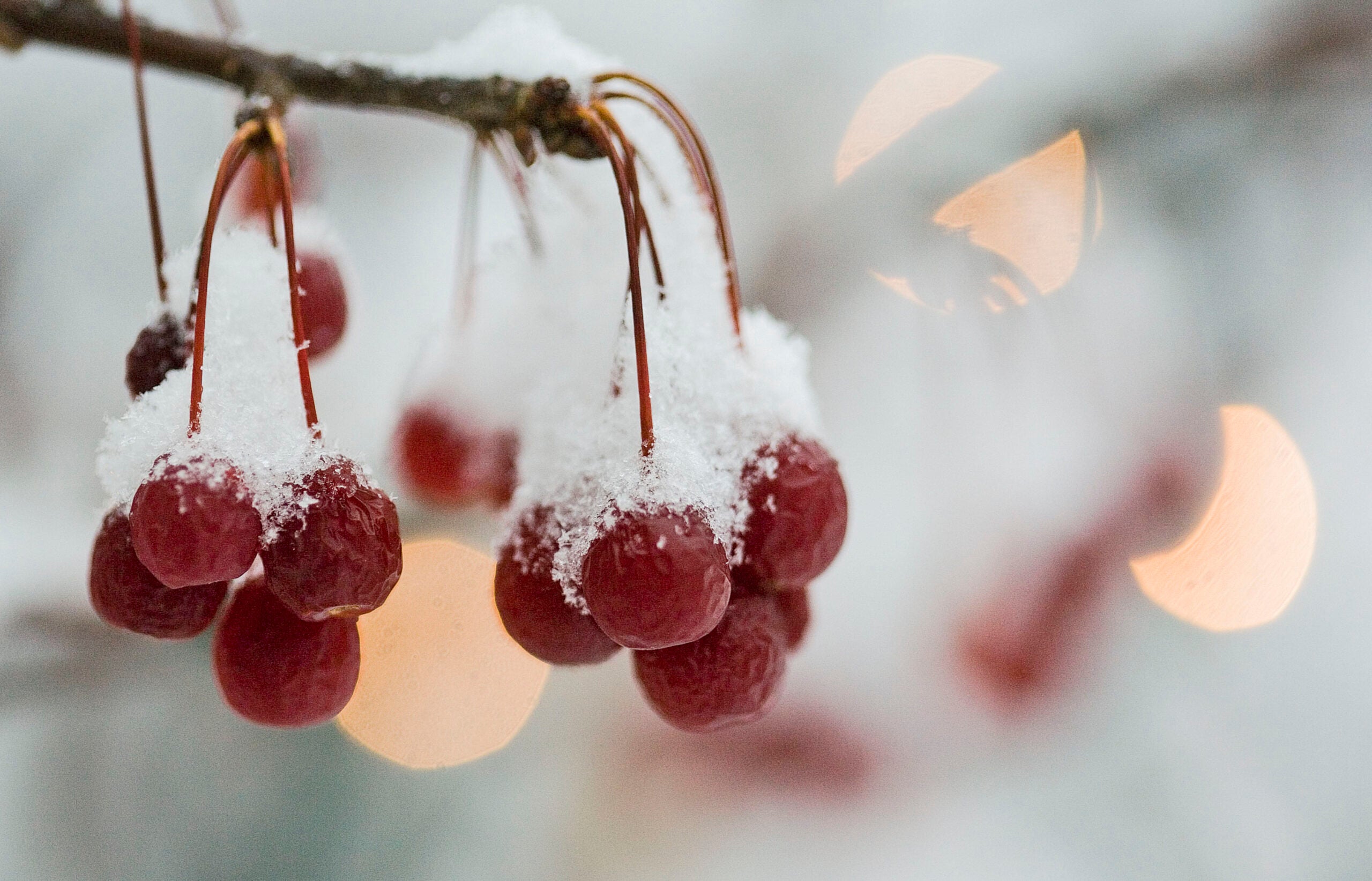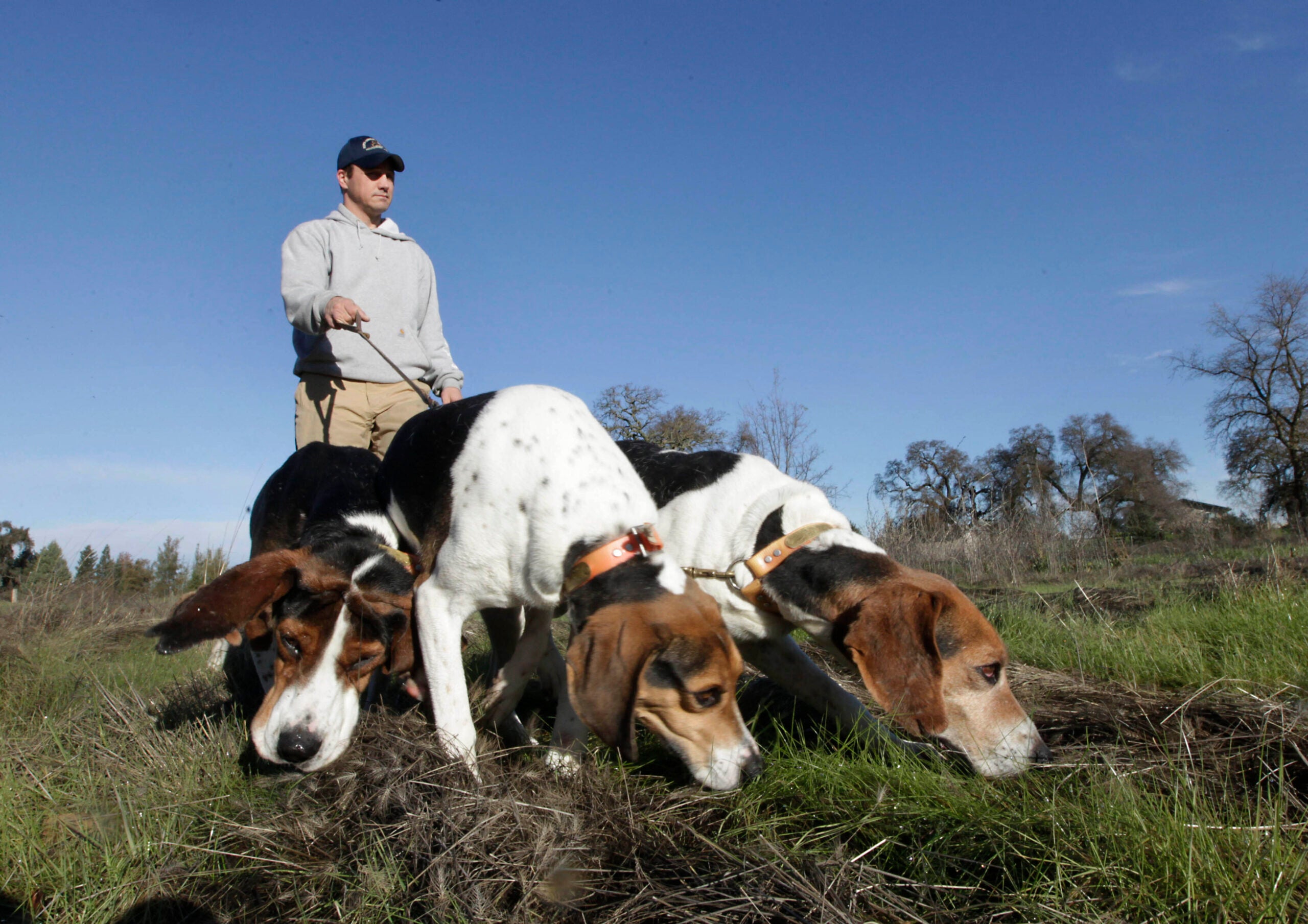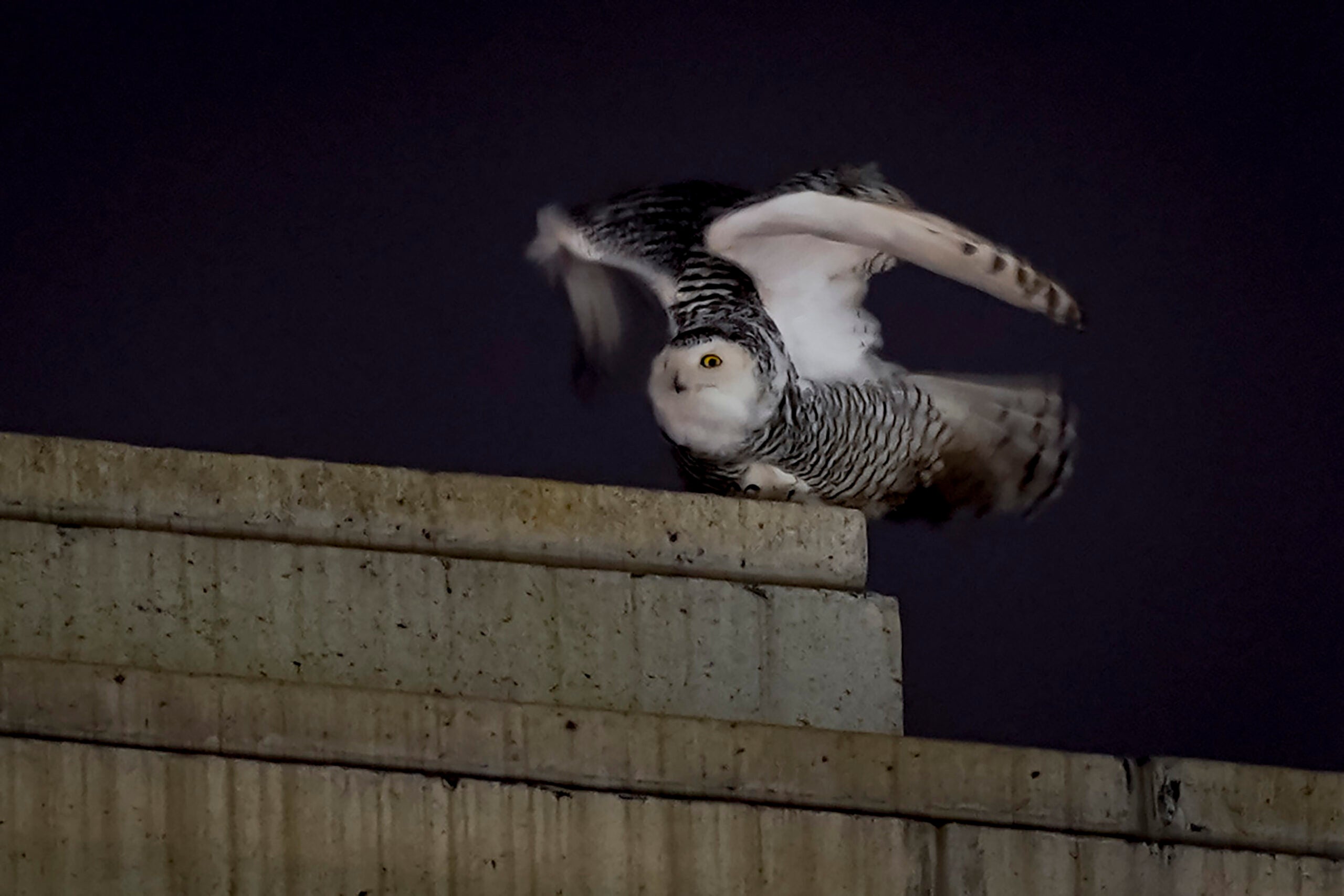Much of the state will be under a mid-April winter storm watch this weekend, with temperatures roughly 20 degrees below average.
The cold, snowy April has slowed the spring migration of birds in Wisconsin, because of the lack of warm, southerly winds.
Many bird species are stuck in southern Wisconsin, according to Ryan Brady, natural resource scientist with the Wisconsin Department of Natural Resources and bird monitoring coordinator with the Wisconsin Bird Conservation Initiative.
Stay informed on the latest news
Sign up for WPR’s email newsletter.
But Brady says that may be a blessing in disguise, because the birds could have been in trouble if they had already flown north.
“If we had a bunch of warm days with a lot of southerly winds and all these birds were coming up that would typically be here, and then we got slammed with a bunch of ice and snow storms, that would really cause some problems for a lot of the birds,” Brady said.
He said some species, like robins and blackbirds, may be doing what he calls a reverse migration.
“They’ll fly maybe 100 or 200 miles south, far enough to head back south into conditions that are more suitable,” Brady said.
Among the bird species stuck in southern Wisconsin are loons waiting for the ice to break on northern lakes.
“The loons are going to stack up a bit on the southern lakes that are open. All birds typically use some stop over sites as they leapfrog their way to the north just as you would if you were taking a road trip. You would stop at a few points along the way and rest and refuel,” Brady said.
He said the late spring might pose problems for mourning doves, which live up north year round.
“Mourning doves are already fledging young. Some of their young are already grown up and leaving the nest,” Brady said. “We could see some negative impacts on some of those smaller birds that may not be able to cope with some of these conditions quite as well.”
He said the late snow might also pose problems in southern Wisconsin for insect-eating birds like Eastern phoebes, swallows and yellow-rumped warblers, depending on the track of the storm.
Homeowners should keep their outdoor bird feeders full and clean to help the migrants through the unseasonably cold weather.
The winter-like weather isn’t just changing birds’ plans. The prospect of a spring snowstorm has some schools scrambling to change plans for prom, the high school social event of the year.
At Bay Port High School in Suamico, near Green Bay, principal Mike Frieder said he met with the junior class president and other student body members who agreed to change the dance’s start time Saturday from 8 p.m. to 7 p.m., ending at 10 p.m. instead of 11:30 p.m.
Frieder said school staff and students shared concern that the wintry mix of snow and rain this weekend would make roads slick.
“Looking at the options, that would be safer for our kids and it still allows our kids to have a valuable experience on that night,” he said.
Green Bay’s private Notre Dame Academy rescheduled its spring ball to Friday instead of the previously scheduled Saturday. Students are also scheduled to take the ACT college entrance exam on Saturday, which is now the day after the dance.
Frieder said his decision was partly based on arrangements students had already made, and invested money in. While changing dates may seem simple, Frieder said nothing in high school is simple.
“We have a lot of activities going on too. Athletic events and musicals that conflict with prom probably on every other weekend, so looking at the weather we felt like this was our best decision,” Frieder.
Green Bay Public Schools and Hortonville have also moved up their time for prom.
While schools are scrambling to change their activities, the tourism industry is continuing business as usual.
Lisa Marshall, communications director for the state Department of Tourism, called early spring a “shoulder season.” Meaning it comes between the peak seasons of winter and summer, so indoor events are more common during that time.
“If mother nature gave us a warm spring, we’ll take it but we also don’t expect it,” Marshall said.
Other people like cherry growers don’t mind a cold spring.
Loretta Robertoy and her husband, Marvin, have run Door County’s Hyline Orchard for 60 years.
“It’s kind of an up and down thing but you have to stay with it,” she said.
Loretta said cherry trees usually bloom in late May.
“Memorial weekend is the most common and it always used to be at that time but in past years we have had a lot earlier blooms,” she said.
She added that an early bloom is not ideal and that what looks to be a later bloom this year means a healthier crop.
“Since our spring will be warmer weather to push the buds out and it will be later is a better chance for a better crop of cherries,” Loretta said.
Wisconsin Public Radio, © Copyright 2024, Board of Regents of the University of Wisconsin System and Wisconsin Educational Communications Board.




